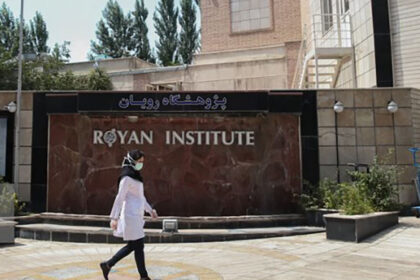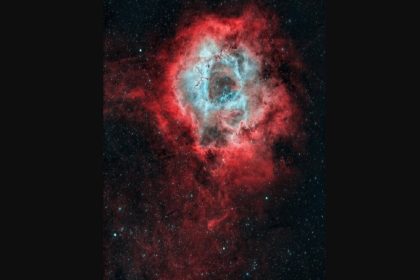Using newly developed methods, researchers cultivated potatoes that are not sweetened in the cold and could improve the quality of potato-based foods in the world.
According to Tekna technology and technology news service, scientists genetically manipulated potatoes using a new achievement that can be considered a great service to people's nutrition. By using this change, the carcinogenic substance acrylamide is no longer produced in these potatoes after cold storage.
Genetic manipulation will eliminate the risk of cancer in foods such as chips and dark fries on a large scale. Researchers from Michigan State University named Jiang and Dukes say in this regard: This discovery can lead to promising improvements in nutrition health and food quality. These potatoes have revolutionized bagged chips around the world and may turn it into a healthy snack.
Currently, the potato industry in the United States has an annual income of 240 million dollars, and there is no decrease in the demand for this product in food and different forms. For this reason, some of its different forms are stored cold to meet the demand. Due to the presence of reciprocal biological functions, this action will activate a mechanism in them that converts starch into sugar. Due to the sweetening of the potatoes due to the cold, their color will darken during cooking. Darkness on its surface is actually due to the high presence of acrylamide, and this substance can increase the risk of cancer in people due to its carcinogenic properties.
According to the researchers, the discovered gene can stop the production of sugar in these potatoes due to the decrease in temperature. In this way, they can be easily stored in the refrigerator. Also, there is no more acrylic Omid accumulation in them and producers can save their time and money to prevent this accumulation. After more than two decades of studying potatoes, these researchers have succeeded in identifying these special genes that will be responsible for their sweetening due to cold. Then, they also identified the element of turning on this gene at low temperature.
RCO NEWS


















